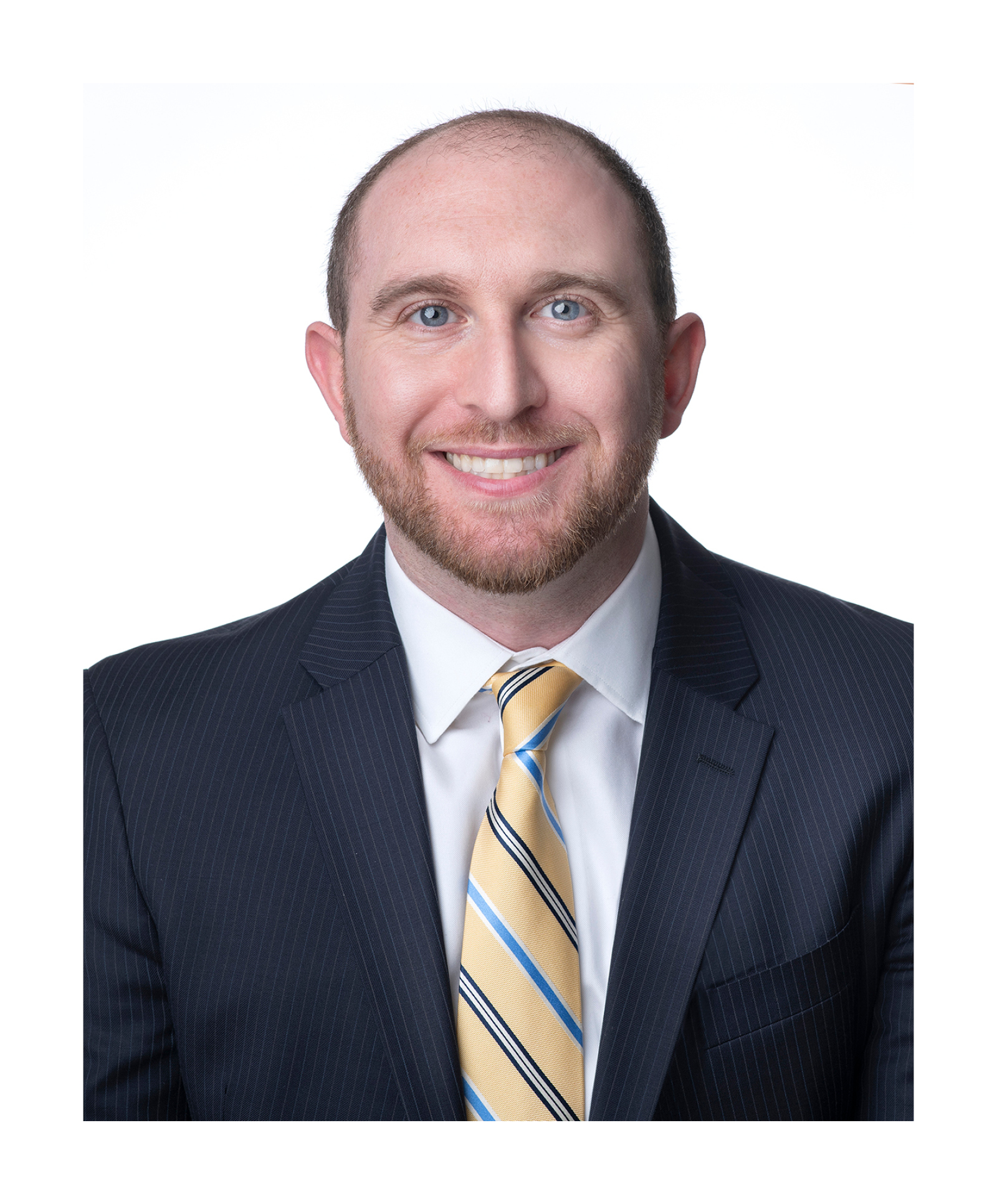Ansell Grimm
December 21, 2022

In 2022, the Firm’s Controlled Substances and Regulatory Law Practice Group continues its rapid evolution and expansion. Our attorneys have assisted clients in applications for licensure, litigation to ensure transparency and integrity in the licensing process at the State and municipal levels, educational initiatives throughout the country, and entry into the developing area concerning legalization of psilocybin.
Ansell Launches Psychedelics Practice
On the heels of its successful cannabis practice, which has included numerous granted licenses for its clients as well as successes in Court litigating cannabis matters, the Firm recent announced it is expanding into the realm of psychedelics.
The Firm has an established record in the cannabis space enabling us to serve our clients unlike any other area law firm. By example, we co-hosted the first-ever Cannabis Symposium in New Jersey which drew nearly a thousand people (two other Symposia followed). Joshua S. Bauchner, head of the practice group, is co-chair of the New Jersey State Bar Association Cannabis Law Committee, has spoken at the Cannabis World Congress and Business Expo at the Jacob Javits Center, and has presented CLE’s on cannabis at the NY and NJ State Bar Associations, and at the NORML Legal Conference in Aspen, among other fora across the country. He also recently was honored by the New Jersey Law Journal as one of its “Innovators of the Year” for 2022.
The Firm also was honored by the New Jersey Cannabis Insider as one of three finalists for Excellence in Cannabis Law and has been covered by numerous media outlets and published on the topic.
Now, with the federal government and many states looking to legalize psychedelics, Ansell is expanding the practice to include this emerging area of law. Please contact us at (973) 247-9000 if you are interested in exploring opportunities.
Cannabis Litigation — Securing Our Clients’ Rights
The Firm has been involved in several important lawsuits involving the State of New Jersey’s medicinal and adult use cannabis programs. Additionally,
On the medicinal cannabis side, the Firm filed a new appeal with the Appellate Division on behalf of GGB New Jersey LLC (“GGB”) (now known as “The Source”) with respect to the 2019 RFA. By way of background, in November 2020, the Appellate Division vacated the Department of Health’s (the “Department”) initial scoring of GGB’s application (and those similarly situated) seeking to operate vertically integrated alternative treatment centers because: “There is no escaping the fact that some of these scores simply ‘don’t compute’ and that, no matter how the Department and the other respondents may attempt to slice it, the results are still unsettling.” In the Matter of the Application for Medicinal Marijuana Alt. Treatment Ctr. for Pangaea Health & Wellness, LLC (“In re Pangaea”), 465 N.J. Super. 343, 371 (App. Div. 2020). Accordingly, the Court held that GGB and others “were not afforded the process due under the applicable legislation and the Administrative Procedure Act, and we remand so the Department may provide that process.” Id. at 382. The Court noted that it intervened “in the administrative proceedings that have taken place so far to ensure the public’s confidence in both the results achieved at the agency level so far and to ensure that future similar proceedings will be likewise subjected to a measure of scrutiny at the agency level that will guarantee the process does not produce determinations that are arbitrary, capricious or unreasonable.” Id. at 382-83.
After the Court-ordered remand process, the Commission refused to modify or adjust a single score and attempted to justify the Department’s original scoring on various grounds, none of which had any merit. In the new appeal, GGB argued, among other things, that the Commission ignored the Appellate Division’s concerns about the unacceptably large degree of relative error and shockingly claimed that judicial review was unnecessary because “the scoring was what [the Commission] said it was[.]” To prevent further delay by the Commission, GGB requested that the Court again vacate the agency decisions under review and, this time, remand with instructions to appoint a special master or administrative law judge to issue a report and recommendation that the Commission must adopt, modify, or reject by a date certain.
In light of the important public interest, the Appellate Division has accelerated this appeal and oral argument is likely to occur in the first quarter of 2023.
Turning to the recreational cannabis side, the Firm filed several cases against various municipalities that issued resolutions of support for cannabis applications pending before the Commission. By way of background, the resolution of support requirement comes from the New Jersey Cannabis Regulatory, Enforcement Assistance, and Marketplace Modernization Act (“CREAMMA”), which provides, among other things, that an applicant establish “proof of local support for the suitability of the location, which may be demonstrated by a resolution adopted by the municipality’s governing body indicating that the intended location is appropriately located or otherwise suitable for such activities related to the cultivation, manufacturing, or dispensing of medical cannabis, cannabis products, and related supplies as will be conducted at the proposed facility.” N.J.S.A. 24:6I-7.2d(4)(c).
Keyport
The Firm has two cases pending against the Borough of Keyport (“Borough”). On November 9, 2021, the Borough adopted Ordinance #15-21 to allow for the operation of a limited number of cannabis businesses subject to certain conditions (“Ordinance”). The Ordinance provided that the Borough would issue a maximum of two (2) Class 5 cannabis retailer licenses. The Borough later determined that one of the two available Class 5 cannabis retailer licenses would be for the highway commercial district and the other would be for the general commercial district.
The first case, which was filed on behalf of KGNJ Operations LLC (“KGNJ”), concerns the resolution of support granted to Blaze Keyport LLC for the highway commercial district. The Firm asserted that the Borough’s decision was unsustainable because (1) it failed to use the evaluation sheets that it led applicants to believe would be used to score their applications, (2) only one member of the five-member subcommittee actually completed an evaluation sheet and only with respect to KGNJ’s application (and that member gave KGNJ a perfect score), and (3) the notes from the executive session of the Borough Council show that arbitrary, subjective, and biased criteria were applied to the deliberative process. On December 7, 2022, the Superior Court held a hearing and ordered that the matter proceed on an accelerated basis with a trial scheduled for January or February 2023.
Another case, which was filed on behalf of Green and Gold Dispensary LLC (“G&G”), concerns the resolution of support granted to Simply Pure Keyport LLC for the general commercial district. The Firm again argued that the Borough’s decision was arbitrary, capricious, and unreasonable because the selected applicant’s proposed location was within 150 feet measured “door-to-door” of La Iglesia Episcopal Santa Maria (St. Mary’s Episcopal Church) — remarkably, the church is two doors down the road — which was in direct violation of a Borough Ordinance prohibiting a cannabis facility from being located within 150 feet of a church, synagogue, temple or other place used exclusively for religious worship. This matter is currently pending before the Superior Court.
Neptune City
The Firm also initiated a matter on behalf of The Cannabis Shoppe, LLC against the Borough of Neptune City (“Borough”). There, the Firm asserted that the Borough improperly granted resolutions of support to two applicants who sought to establish Class 5 cannabis retailers within 400 feet walking distance of each other because the relevant ordinance expressly states that no retailer “shall be permitted within 600 feet” of any other retailer. To make matters worse, both of the selected applicants’ proposed locations are immediately adjacent to residential neighborhoods and one of them was next to a bar. This matter is currently pending before the Superior Court.
2022 Licenses Secured
We are happy to support and celebrate our clients’ securing cannabis licenses in 2022, and we are delighted to continue to assist with their developing businesses for a successful 2023 and beyond.
-
Mule Extracts, LLC: Annual Manufacturer License
-
Arbory Wellness, LLC: Annual Retailer License
-
Canopy Crossroad: Microbusiness Retailer License
-
The Violet Room: Annual Retailer License
-
DMW Holdings LLC: Annual Manufacturer License
New York Medical Psilocybin Proposed Legislation – Regulatory Update
New York legislators recently presented a modified bill to decriminalize psilocybin — the psychoactive ingredient in psychedelic mushrooms (Psilocybe cubensis) — for medicinal use in adults twenty-one and older. The proposed bill outlines a regulatory framework where psilocybin may be grown legally, provides a structure for treatment facilities to be established, implements standards for research facilities, and imposes guidelines for the certification of providers.
The proposed rules establish and oversee the implementation of several license types:
- Designated caregiver facilities must register with the Department of Health to acquire, possess, transport, and administer medical psilocybin to certified patients, the rules outline the acceptable facilities and registration requirements.
- Registered psilocybin organizations (“RPOs”), which are entities (for-profit and not-for-profit) that will grow, manufacture, possess, deliver, transport, and distribute psilocybin to designated caregiver facilities for medical use.
- Psilocybin research license, which would permit a licensee to produce, process, purchase and/or possess psilocybin for limited research purposes.
The proposed bill also provides protections from criminal and civil penalties or disciplinary action for certified patients, caregiver facilities and their employees, practitioners, RPOs and researchers for the certified use or any other action in connection with the proposed rules. As a combined effort by the Commissioner of Health and the Comptroller, the rules would amend finance laws creating a “Psilocybin Therapy Grant Program Fund” to provide assistance to low-income individuals, veterans, and first responders with covered conditions under the law to receive financial assistance for psilocybin therapy.
The revised bill uses a similar methodology as the Marihuana Regulation and Taxation Act (“MRTA”), allowing for a social equity component for minority and women-owned businesses and distinguishing between various license types which may serve as a guide to how the use of medical psilocybin will be regulated in the future. Currently, psilocybin is categorized as a Schedule I controlled substance, which means it is illegal under federal law and considered to have a high potential for abuse with no accepted medical benefits. Proponents of the regulations believe that it could provide for much needed access to patients in a safe environment that is supervised by medical professionals.
The Firm’s Controlled Substance and Regulatory Law Practice Group assists clients interested in this emerging field which is likely to follow the lead of cannabis legalization — an area in which the firm has significant experience.
Federal Injunction Causes Uncertainty for Adult Use Cannabis in New York
New York recently issued its first 36 recreational cannabis licenses of 175 the state plans to issue, taking a monumental step in establishing a lucrative cannabis market. The first licenses approved by the state’s Cannabis Control Board were dedicated to “social equity” applicants, people who have been convicted of a cannabis-related crime – or have a family member who was – and have also run a profitable business for at least two years.
However, uncertainty has begun to plague New York’s potential expansion. On November 3, Judge Gary L. Sharpe of the U.S. District Court for the Northern District of New York issued a preliminary injunction, restricting the Office of Cannabis Management from issuing any cannabis licenses in five of the 14 regions in which the agency is licensing Conditional Adult Use Retail Dispensaries (CAURD). The injunction applies to CAURD applicants in the Finger Lakes, Central New York, Western New York, Mid-Hudson and Brooklyn.
Variscite NY One, Inc. (Variscite) the challenger, applied for a retail license, but its 51% principal owner failed to meet two New York-nexus requirements. Under the New York program, a for-profit organization must, among other things, be “[a]t least 51% or more … owned, in the aggregate” by “at least one individual that satisfies” (1) a New York “significant presence” requirement and (2) a “justice involved” requirement, which asks whether the applicant (or a family member or dependent) “was convicted of a marihuana-related offense in New York State.” 9 N.Y.C.R.R. § 116.4(b)(1)(i).
Judge Sharpe agreed with Variscite and granted the preliminary injunction, finding that the program “will have a discriminatory effect on out-of-state residents seeking a CAURD [cannabis retail] license.” In a later footnote, Judge Sharpe stated that he thinks the law is patently unconstitutional.
The result of the federal injunction has left cannabis growers with over half a billion dollars’ worth of cannabis ready to sell, without any buyers. When asked about the farm’s concerns, the Office of Cannabis Management said the timeline remains the same and that they are “incredibly proud of our local family farmers, and excited for New Yorkers to begin sampling this tested, sun-grown cannabis.”
It remains to be seen whether cannabis retailers will be up and running by the end of the year, as promised by the Office of Cannabis Management.
About Ansell Grimm & Aaron, PC
Ansell Grimm & Aaron, PC was founded in 1929 and has a long history of delivering for clients who come to us to resolve legal matters that are often urgent, stressful, and of great importance. A general practice law firm, Ansell Grimm & Aaron is powered by experienced attorneys who understand that the best outcome is the one that serves the needs of each client.
About the Controlled Substances and Regulatory Law Practice Group
Among the leading controlled substances firms on the East Coast, we work with cannabis entrepreneurs, industrial hemp producers, psilocybin entrepreneurs, ancillary businesses and governing bodies seeking regulatory counsel.
The above is for informational purposes only and does not constitute legal advice. Transmission of the materials and information contained herein is not intended to create, and receipt thereof does not constitute the formation of, an attorney-client relationship. Attorney advertising.









